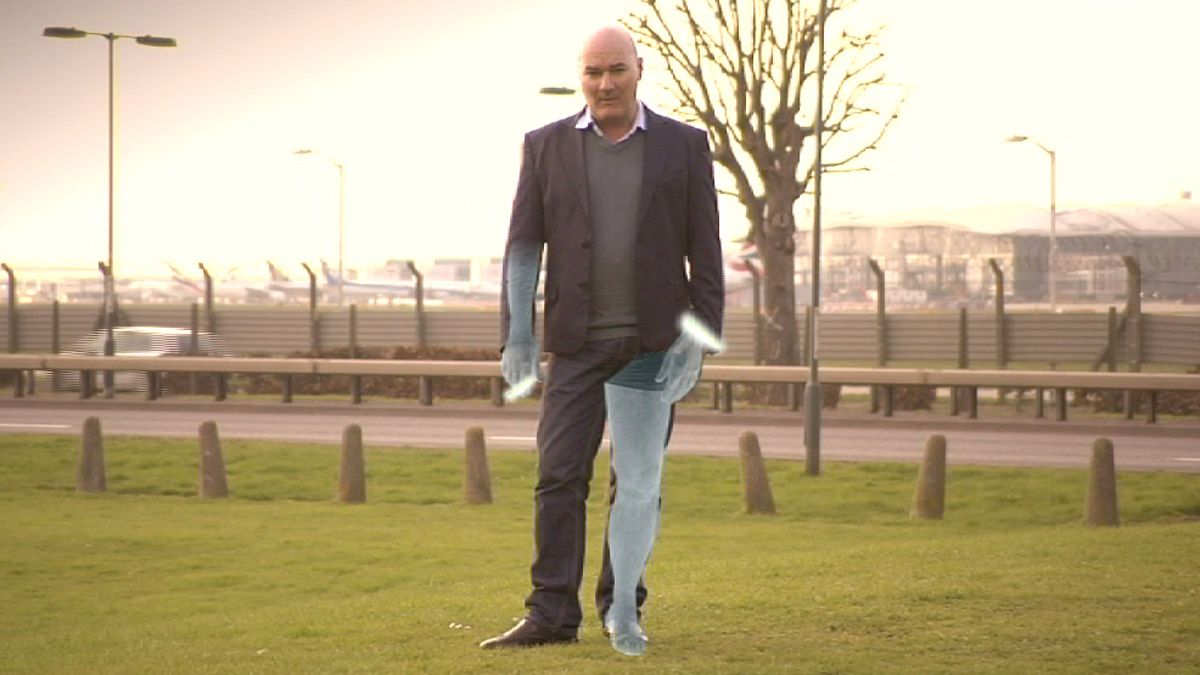As well as body scanners, Americans hit with “enhanced” pat downs
Full-body scanners have also been causing a storm in the USA, where hundreds of the machines are installed at airports, big and small, right across the country. But the issue there has taken on new, controversial dimensions and human dignity and privacy complaints have been coming in thick and fast.
Like in Europe, American authorities decided to give people the option to refuse the scanners and opt instead for an alternative screening method: normally a pat down by a security officer. However, unlike in Europe it seems, the pat down in the USA can be very intimate indeed. Airport staff have been given the power to carry out what are called “enhanced pat downs”. The officer is permitted to frisk passengers more aggressively than in the past by using the palms of their hands and fingers. Before they were only allowed to use the back of their hands and they stayed clear of intimate areas. Now though it seems that it’s standard practice to touch breasts and genitalia during these new procedures. That’s the price to pay for safety in the skies, claim supporters; critics say the whole issue of aviation security has got completely out of hand.
The US Transportation Security Administration (TSA), which has already been heavily criticised over body scanners, has been in the headlines repeatedly over its enhanced pat downs, accused of what critics say amounts to groping and sexual assault. The TSA rejects the claims. It maintains the procedures are necessary to keep passengers safe, adding that strict guidelines are in place for its staff. For example, passengers have the right to demand that their pat down be carried out in private and they can ask to have someone they’re travelling with act as a witness. The officer also has to be the same sex as the person he or she is frisking. There’s been particularly heated debate about whether the likes of children, sexual assault victims and elderly people with sensitive medical conditions should be subject to the enhanced pat downs.
Campaign groups complain that people who legitimately opt out of going through a full-body scanner, as is their right, are being singled out for “punishment” with the more aggressive pat downs. Passengers have complained of being treated like “someone with something to hide”, with officers making it clear that a refusal to go through the scanner will only result in a robust frisking. The internet is full of disturbing videos and news stories that recount the experiences of passengers right across the US. Again, the authorities insist they have had no choice but to strike what they believe is the right balance: the risk of lives being lost in a terrorist attack takes precedence over the risk of humiliation, embarrassment or offence.
Critics of the full-body scanners in Europe have voiced the same concern: that if passengers refuse to be scanned and ask for an alternative, as they now have the right to do under EU law (although discussions are ongoing over the fact the UK is currently not applying this rule), it will only lead to an unpleasant pat down, delays (the threat of missing their flight) and hassle. But for now there does not appear to be a lot of complaints in this regard in Europe. There are also no reports of any EU country introducing the practice of US-style enhanced pat downs … at least not yet.
By Seamus Kearney.


